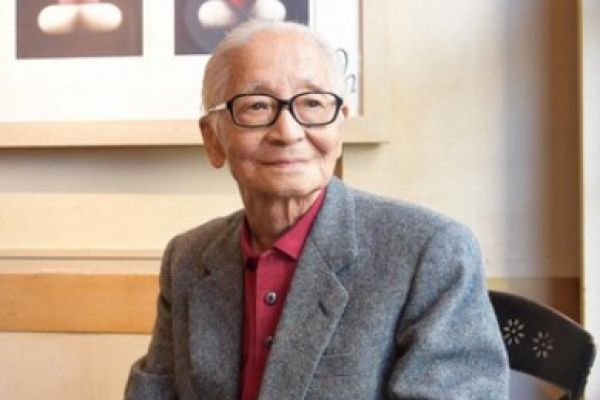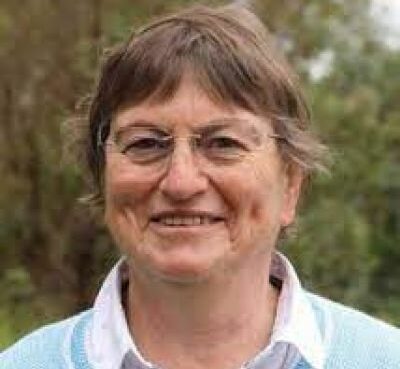Masanori Hata, a Japanese zoologist, and filmmaker who dedicated his life to bridging the gap between people and animals died at the age of 87.
Mutsugoro, as he was affectionately known, directed The Adventures of Milo and Otis, a 1980s classic about the unlikeliest of friendships between a kitten and a pug.
Back in Japan, he also served as a sort of oracle for television viewers who desired a deeper understanding of their dogs. Apparently, he died of a heart attack.
The majority of his life was spent at a ranch in Hokkaido, an island in northern Japan, where he shared with his wife, brown bears, horses, and various varieties and sizes of dogs.
The property, which he frequently referred to as an “animal kingdom,” is named after him; in Japanese, Mutsugoro means mudfish. The ranch was also where The Adventures of Milo and Otis took place. The 1986 picture is still cherished by children from that decade.
Hokkaido was obviously proud of him, as he is featured on the tourism website for the prefecture. According to his profile, Mr. Hata’s eyes “glowed with wisdom and kindness.”
It quotes him as saying,
“My vision is to be among a thousand galloping horses with children astride them.” They are able to converse with others without using words.
Mr. Hata had been providing pet owners practical advice on his YouTube channel for years – even during the pandemic – and his Instagram account was packed with photographs of his encounters with large and small animals spanning decades.
Prior to discovering social media, Mr. Hata presented Fuji TV’s Mutsugoro and His Wonderful Friends.
By capturing real animals, as he did with The Adventures of Milo and Otis, Mr. Hata “lends this children’s film a poignancy that cuts much deeper than a similar story featuring animated characters,” according to a laudatory 1989 New York Times review.
The article also commended the “nearly hallucinatory beauty” of nature in the film, in which Otis the pug chases Milo the cat across wide fields and turbulent rivers.
Hata was born in the southwestern Japanese city of Fukuoka. According to the Mainichi Shimbun, he got a degree in animal physiology from the University of Tokyo before joining the film branch of the educational company Gakken, where he produced over 20 films.
In 1968, he received the Japan Essayist’s Club Award for a book titled We animals are all brothers. He was awarded the Kikuchi Kan Prize for literature in Japan in 1977.
Also Read: A Look At The Success And Relationships Of Joan- Baez




